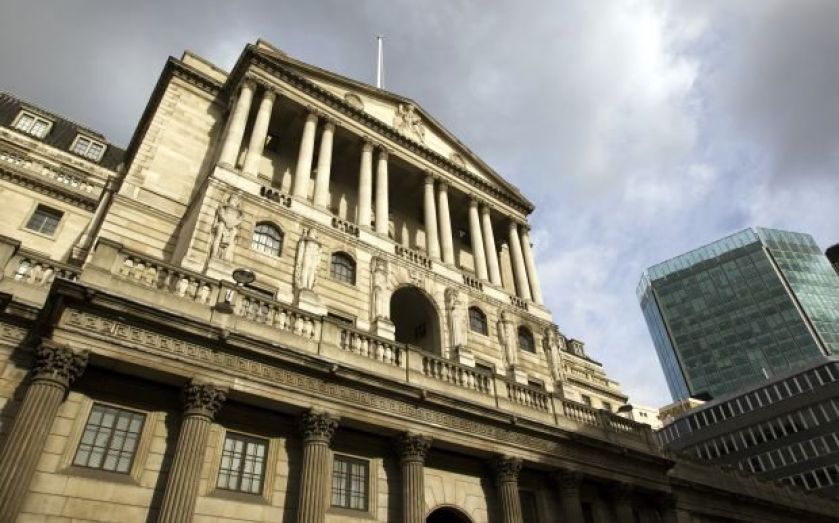Bank of England’s MPC still split 2-7 on interest rate rise as eurozone and China pressures take their toll

Minutes of September's meeting of the Bank of England's monetary policy committee (MPC) show its members have become more pessimistic about the chances of raising interest rates early, as the impact of wobbles in China and the eurozone began to be felt in the UK.
Policymakers said headwinds facing the economy – such as weak growth in Europe and Asia – meant prematurely raising interest rates could leave the UK vulnerable to shocks.
Nevertheless, the MPC was split 2-7 for the third month in a row as members Martin Weale and Ian McCafferty voted in favour of raising rates by 0.25 percentage points to 0.75 per cent.
But the rest of the committee pointed to weak wage growth, lower-than-expected inflation and a cooling housing market as reasons to keep rates low, adding there was "insufficient evidence" of pressure from inflation, which at 1.2 per cent is way below the Bank's 2 per cent target, to raise rates:
In the view of these members, the stimulus that [the historically low bank rate] provided could not be viewed in isolation from the various headwinds facing the economy… the real rate of interest consistent with stable inflation over the medium term was likely to be lower than in the past, even after slack had been absorbed.
Although the general consensus had been that the Bank will begin to raise rates in spring next year, in recent weeks economists have become increasingly unsure as global recovery faltered.
Hargreaves Lansdown senior economist Ben Brettell said predictions inflation will fall below one per cent in the coming months underlined the case for keeping interest rates on hold.
Furthermore the prospect of recession in the Eurozone – our largest export market – poses a severe threat to the UK’s recovery. Given the weakening outlook for global growth and the absence of inflationary pressure (both in prices and wages), I can’t see the logic in voting for higher rates at present. I expect them to remain on hold until mid-2015 at the very earliest, and possibly not rise until much later in the year.